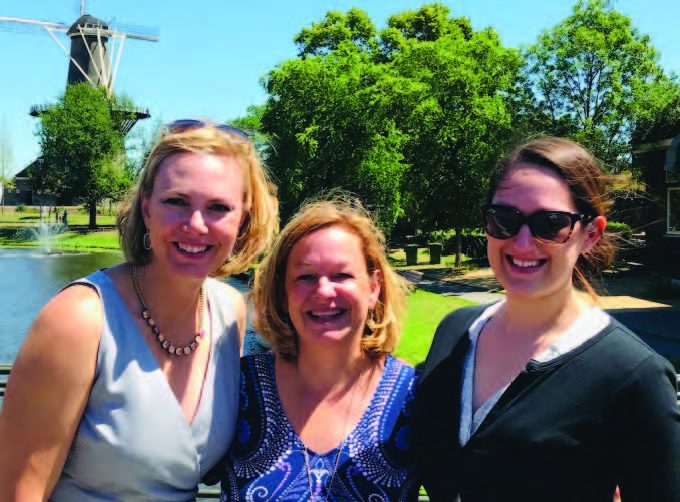Colorado, Cannabis and Children’s Health
In November 2012, Colorado voters approved Amendment 64 to the state’s constitution, legalizing the recreational use of cannabis (marijuana) and marking an electoral first for the nation.
The amendment was enacted as Article 18, section 16, in December 2012 through an executive order signed by Gov. John Hickenlooper.While the language of the new law specifically restricted cannabis use to adults 21 and over, the substance had a direct if unintended impact on the pediatric population. Emergency teams at Children’s Hospital Colorado and the Rocky Mountain Poison & Drug Center noted an increase in cannabis exposures and ingestions in young children.
Neonatology saw the effect on newborns, and Child Health Clinic staff knew breastfeeding mothers using the drug were potentially placing their infants at risk. With so much unknown, physician investigators at Children’s Colorado moved to fill the informational void for an international audience.
Sam Wang, MD

Sam Wang, MD, a specialist in toxicology and emergency medicine, joined Colorado State Board of Health members on initial advisory committees. He testified on limiting dosages and requiring child-resistant packaging, public education, and regulation surrounding advertising. Wang was present for the governor’s signing of these rules and continues to serve as an advisor and advocate. His research and advocacy efforts are highly cited as more states (and Canada) legalize cannabis.
Maya Bunik, MD & Erica Wymore, MD

Maya Bunik, MD, MPH, and Erica Wymore, MD, investigated the breastfeeding aspect of the issue. With the assistance of biostatistician Claire Palmer, MS, they launched a four-year prospective, observational pharmacokinetic study of women with prenatal marijuana use in 2016. Funded by the Colorado Department of Health & Environment and approved by both the Colorado Multiple Institutional Review Board and the National Institutes of Health, the research examines how long tetrahydrocannabinol (THC), the psychoactive component of marijuana, remains in breast milk.
This is the first study investigating THC in breastmilk and plasma among women with known marijuana use in pregnancy since a 1982 study published in the New England Journal of Medicine.